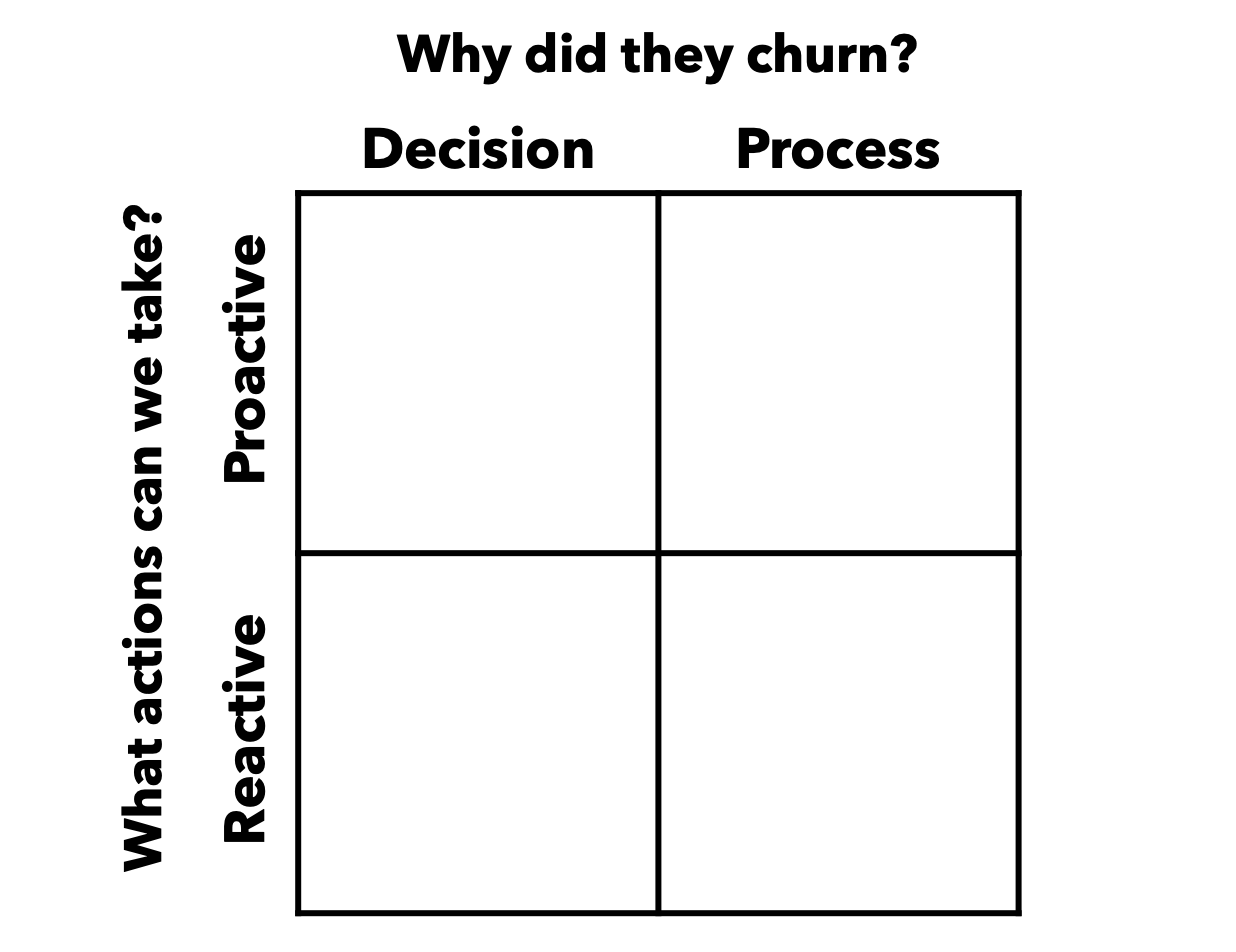How to manage an organization in crisis

With all the current uncertainty, it's likely that more businesses will face a crisis in the coming months. Having managed through a few of these, I thought it might be helpful to compile some thoughts on managing through crisis:
Get upstream of your current metrics. When things are good, we tend to focus on metrics that are as close to the "final answer" as possible. When crisis hits, waiting for those numbers to finalize wastes precious time. Find leading indicators of the metrics you value most.
Review your metrics more often. Monthlies should become weekly. Weeklies should become daily. Your margin of error has shrunk and so has the amount of time to correct. Over the next 12 months, a review and decision after 1 month gives you 22% more time than waiting a quarter.
Build a confidence interval. In times of crisis, a singular reforecast trying to reflect current conditions is less helpful than a potential range of outcomes. Establishing that you expect revenues for the next X months to be between A and B gives you a range to manage to.
Once your interval is built, determine your 2 to 3 big action items should your results head in one direction or the other. This can help prevent a scramble for viable plans should things take a turn for the worse. One frame for this is "If I have to find $1MM, I will..."
Communicate the situation to your team. You may worry this will incite panic, but only if you appear panicked. You cannot afford costly errors, so get them on their toes. Convey the gravity of the situation. Tell them you need the very best they have to offer.
Communicate with your team more often. Rumors will fill any communication gaps that you leave. This is driven by a natural desire for explanation, not malice.
In your communications, recognize the difference between openness and honesty. Openness is negotiable. Honesty is not. Everything you share needs to be 100% honest, but you don't need to share 100% of information if you don't think it will be productive to do so.
It's ok to say you don't know. If you can't answer an employee's question, especially about what will happen in the future, don't make something up. Spinning stories just gives you one more thing to keep track of in an already stressful environment.
Brainstorm with your best. One of your largest risks in crisis is losing your best people. They have the most options, and they likely know it. Show them you value their opinion by involving them in problem-solving.
Micromanage, but set expectations that you're going to. "Hey, I'm going to be reviewing things I don't usually review and getting involved in decisions I typically let you make. This has nothing to do with lack of trust in you and everything to do with our margin for error."
Don't make promises you can't keep. Vowing to keep jobs or not cut pay or benefits when you're not 100% sure that's true sets up the potential to violate trust and might make cuts even more painful than they would be otherwise.
If you have to cut, cut deep so you only cut once. Surgical oncologists call this "margin" — the removal of potentially healthy tissue around the tumor to ensure an additional surgical procedure isn't necessary. Death by a thousand paper cuts is miserable.
If you have to cut, know what you're cutting:
- Fat: Bloat, waste, "comfort" items and roles
- Muscle: Capabilities that are producing value right now, but can be regrown
- Bone: Capabilities that may go away forever without significant investment
Ask for help. From your landlord, your suppliers, your customers. Don't be proud, and don't wait until it's too late. If there was something to be done and you waited to do it because you were too proud to make the call, you'll be kicking yourself for a long time.
Talk to others in your life. Leadership is lonely. Leadership in crisis is desolate. Share what you're going through with someone(s) you trust. Even tweeting about it is better than bottling it up. There's a great community here that wants to help.
Don't neglect your health. This will be one of the most stressful times of your career, and your inclination will be to work all the time. You only have so many productive hours in the day. Your decision-making will be sharper and better when you are rested and exercising.




